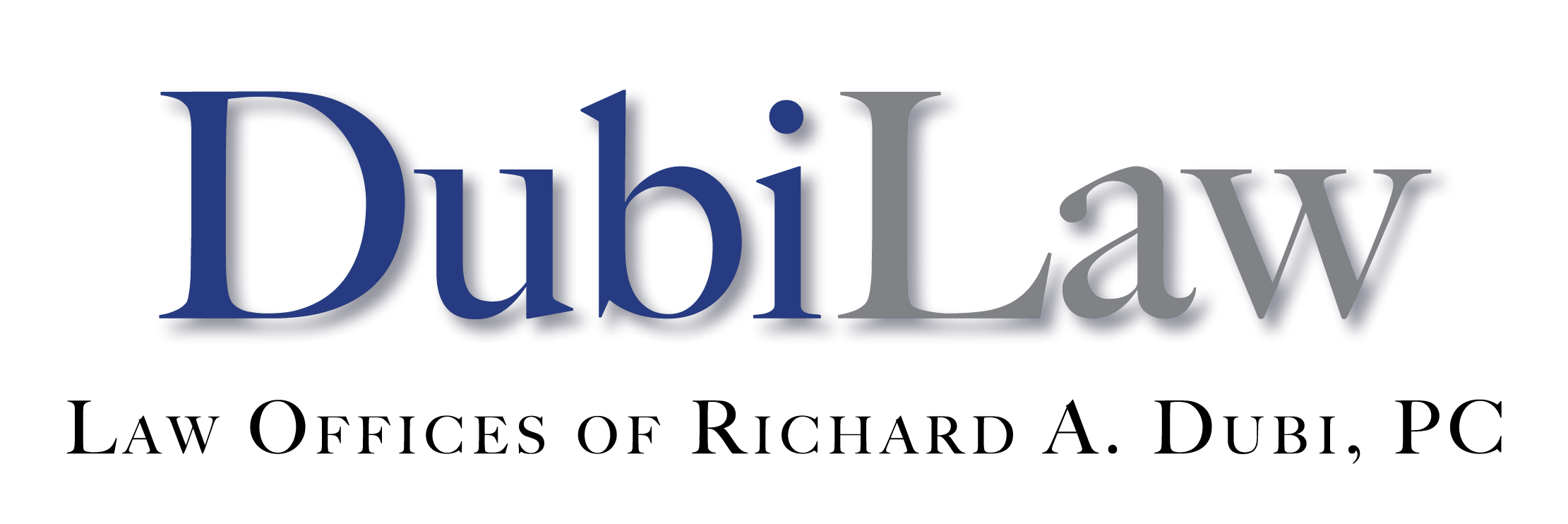When someone sets up a trust for the benefit of others, or his or her own benefit, (s)he appoints a trustee to manage the trust assets and disburse them to the beneficiaries according to the provisions of the trust. The trustee therefore is in a fiduciary relationship with the beneficiaries; that is, (s)he holds and manages the trust assets solely for the benefit of the beneficiaries.
Depending on the trust’s size, duration and complexity of assets, the trustee has a number of duties, both practical and ethical, including the following:
- Duty of fidelity: to manage the trust for the sole benefit of the beneficiaries
- Duty of care: to be prudent and exercise reasonable skill and care in managing the trust and investing its money
- Duty of impartiality: to treat all beneficiaries fairly and not favor one over others
- Duty of disclosure: to provide complete and accurate information to interested parties regarding trust assets and their management and transactions at reasonable intervals and/or upon request or demand
Most trustees take their duties and responsibilities seriously, and manage the trust to the best of their ability. Others, however, become careless over time and fail to carry out their duties responsibly. Still others become greedy and view the trust as a way to gain benefits for themselves in addition to or in place of the beneficiaries.
Responsibilities, Not Guarantees
Trustees are people and therefore can make mistakes. They also can have differences of opinion with one or more trust beneficiaries. No law requires a trustee to be perfect, guarantee an investment outcome, or give a beneficiary exactly what (s)he wants exactly when (s)he wants it. Nevertheless, a trustee must never act in his or her own interests and must never defraud the beneficiaries.
Since most trusts contain few, if any, provisions for trustee oversight, the trustee can pretty much administer the trust without interference. The larger the trust and the more complex and diverse its assets, the more opportunities the trustee has to improperly manipulate them and their income to his or her own advantage.
When Improprieties Occur
If you are the beneficiary of a trust or an interested party to one, such as the adult child of an elderly parent who is a trust beneficiary, you have the right to know what the trustee is doing with the trust and its assets. If you suspect that (s)he is embezzling funds or otherwise depriving you and/or other beneficiaries of your rightful monies and benefits, the first thing you should to is request or, if necessary, demand a trust accounting. If the trustee does not provide this accounting within a reasonable period of time, and/or if (s)he stalls and/or refuses to answer your questions fully, you should consult with a knowledgeable attorney experienced in trust litigation. You may have a valid claim against the trustee.
Your attorney can help you determine what is going on with regard to the trust, including the following:
- Discrepant and/or contradictory figures
- Unreasonable asset valuations
- Unexplained transfers and/or cash outlays
- Suspiciously low asset sale prices
- Exceptionally large trustee fees
Sadly, trustee embezzlement is not an uncommon phenomenon. If you prevail in a lawsuit against the trustee for breach of fiduciary duty, you and/or the trust could collect damages for lost trust profits, interest thereon, amounts diverted to the trustee’s own use or benefit, and possibly even punitive damages if the trustee acted in a particularly egregious manner. Alternatively, the trustee could be required to restore the trust to the value it had prior to his or her neglect or malfeasance.
If you need an estates and trusts litigator or if you are an attorney who needs outside estate and trust litigation help, please call Richard A. Dubi toll-free at 833-FOR-DUBI (833-367-3824).
